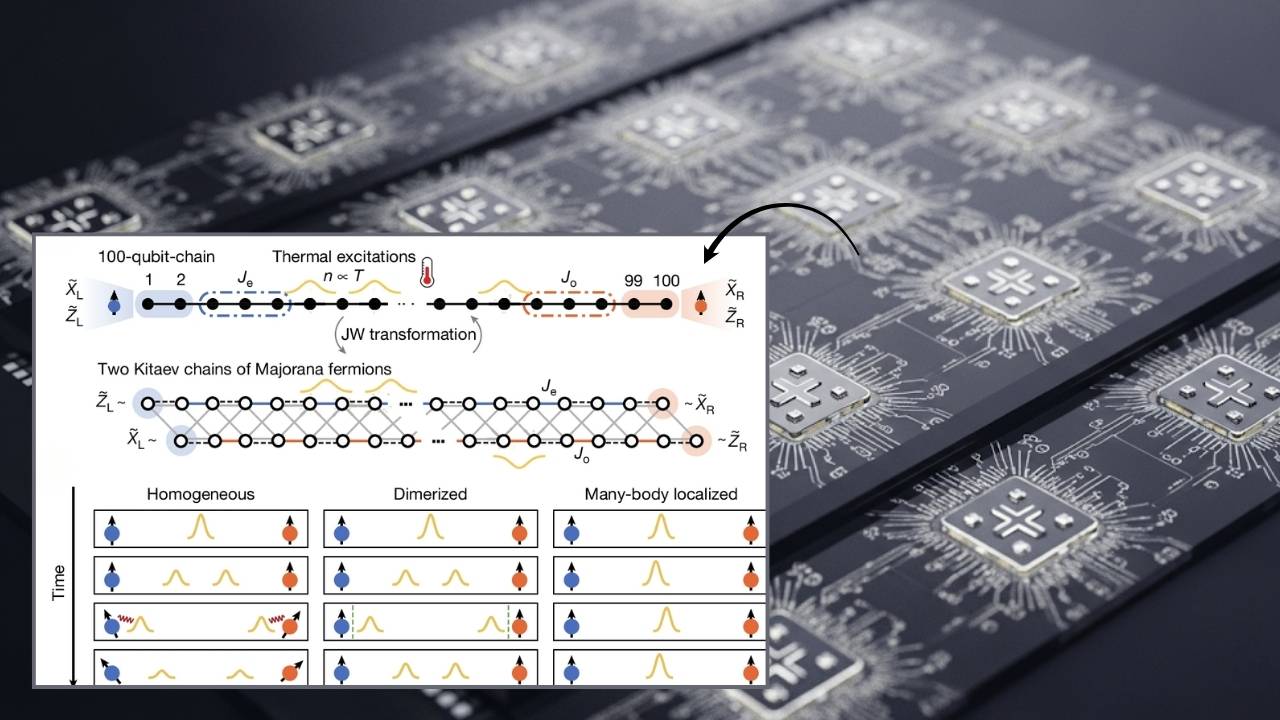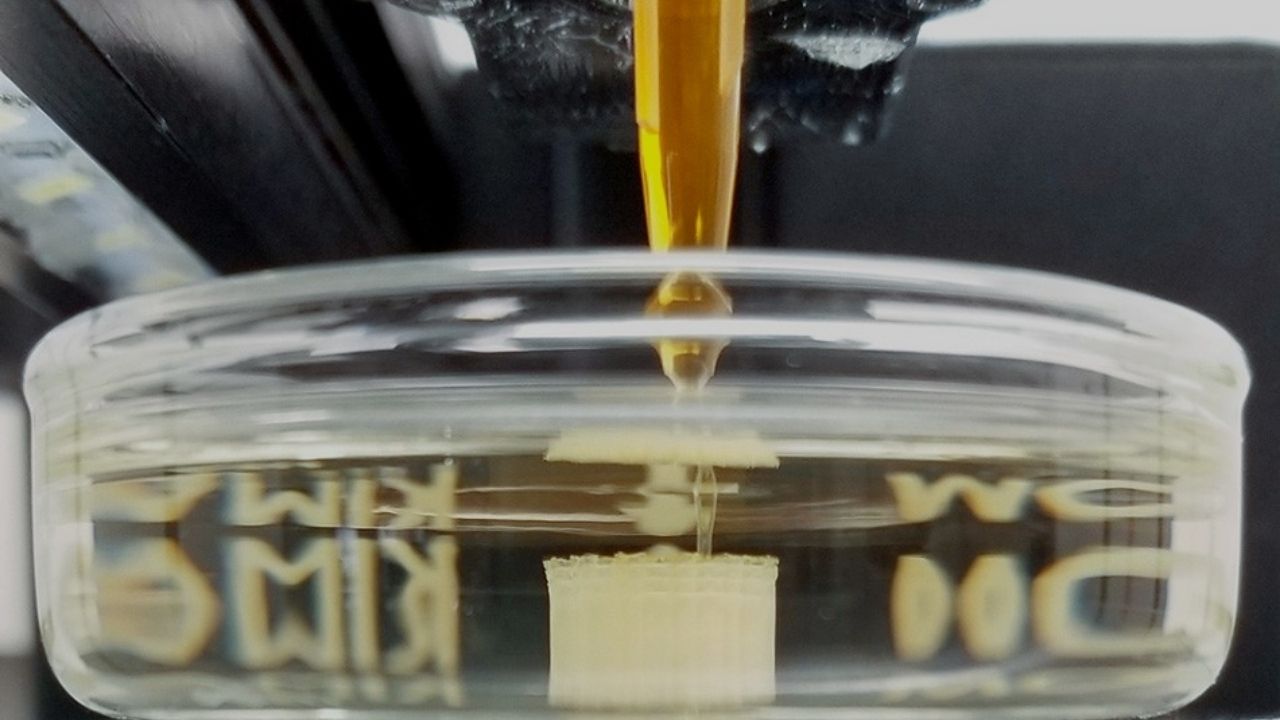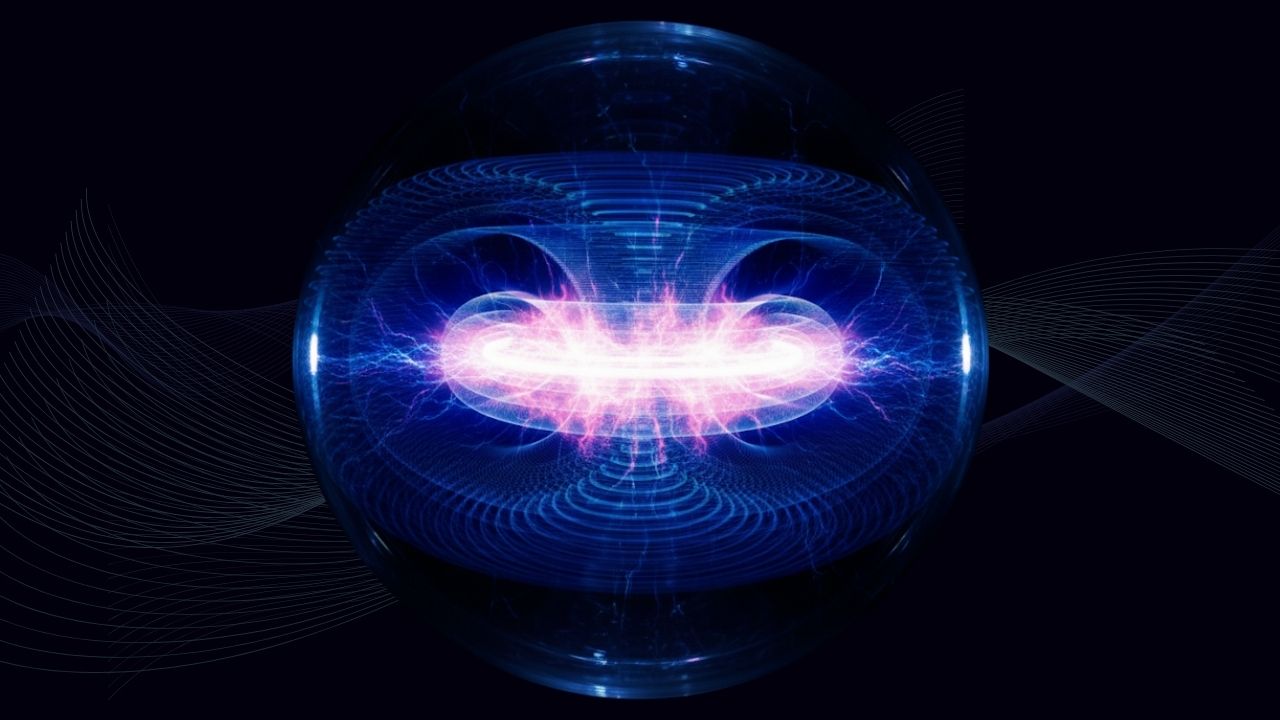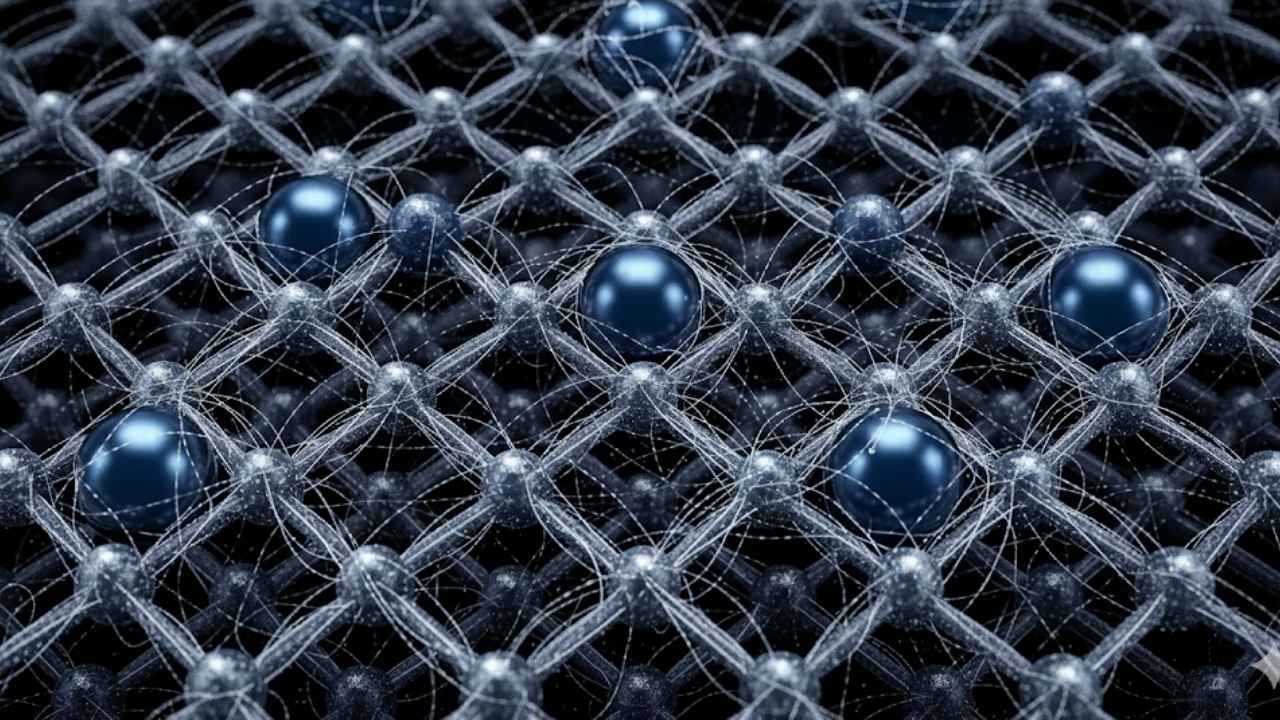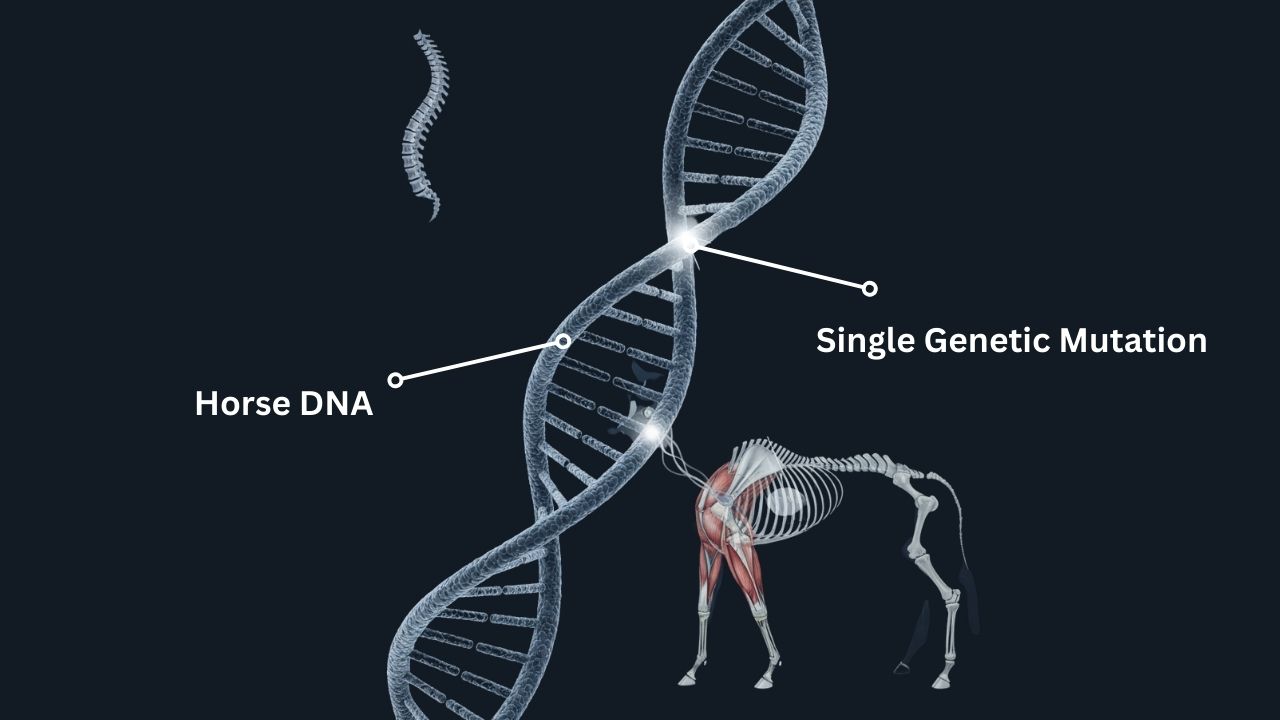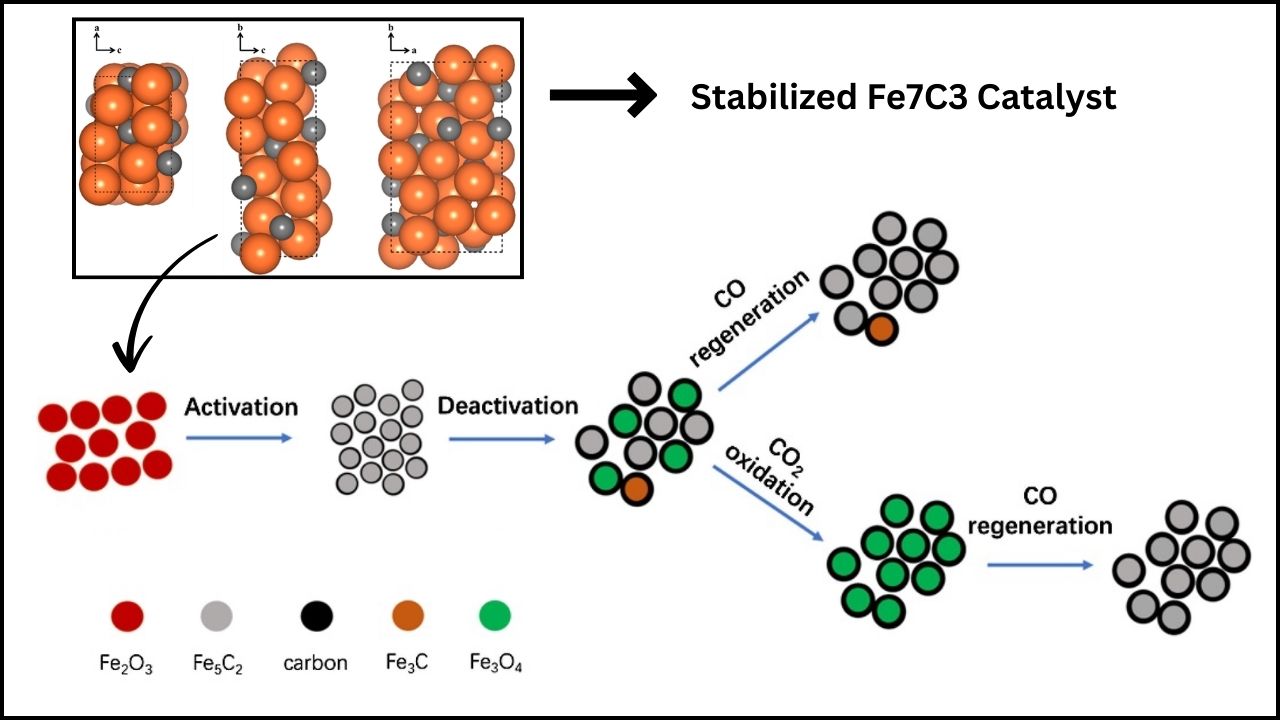Amazon Unveils Project Rainier: Amazon Web Services (AWS) has just announced a game-changing development in the world of artificial intelligence: Project Rainier. This ambitious project aims to build the world’s largest AI chip cluster, setting a new standard for how machines learn and process information. Whether you’re a curious student, a tech enthusiast, or a seasoned AI professional, understanding Project Rainier is essential to grasping the future of machine learning.
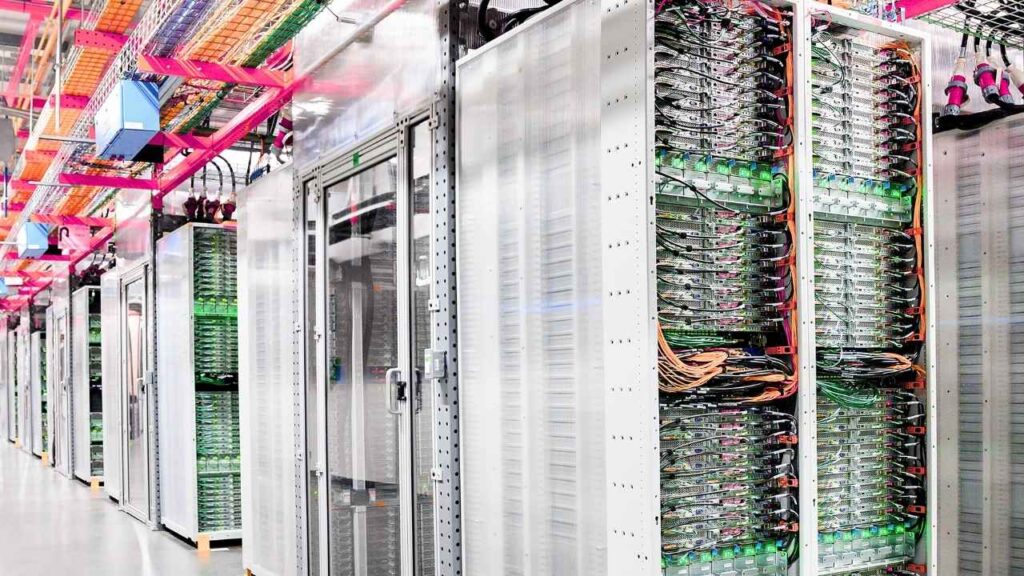
Project Rainier is powered by AWS’s custom-designed Trainium2 chips and will be used to train the next generation of AI models, including those developed by Anthropic, a leading AI safety and research company. The scale, speed, and efficiency of this cluster are poised to reshape the AI landscape, making advanced machine learning more accessible, powerful, and sustainable than ever before.
Amazon Unveils Project Rainier
| Feature/Stat | Details |
|---|---|
| Project Name | Project Rainier |
| Launched By | Amazon Web Services (AWS) |
| Key Technology | Trainium2 AI Chips |
| Cluster Size | ~400,000 Trainium2 chips |
| Power Consumption | Up to 1,040 MW (Indiana campus, multi-phase) |
| Performance | 5x more compute than Anthropic’s previous largest cluster |
| First Major Customer | Anthropic (Claude AI models) |
| Price Performance | 30–40% better than current GPU-powered instances |
| Deployment Model | Distributed across multiple data centers, connected as one “UltraCluster” |
| Notable Users | Anthropic, Apple, Adobe, Databricks |
| Official Website | AWS Project Rainier |
Amazon’s Project Rainier is set to revolutionize the world of artificial intelligence by making supercomputer-level power available to more people and organizations than ever before. With its massive scale, innovative technology, and focus on sustainability, Rainier will accelerate the development of smarter, more capable AI systems—impacting everything from healthcare to entertainment, education, and beyond.
For professionals, students, and businesses, this means new opportunities to innovate, collaborate, and lead in the rapidly evolving field of AI. By understanding and leveraging the capabilities of Project Rainier, you can stay ahead in the race to build the future of machine learning.
What Is Project Rainier?
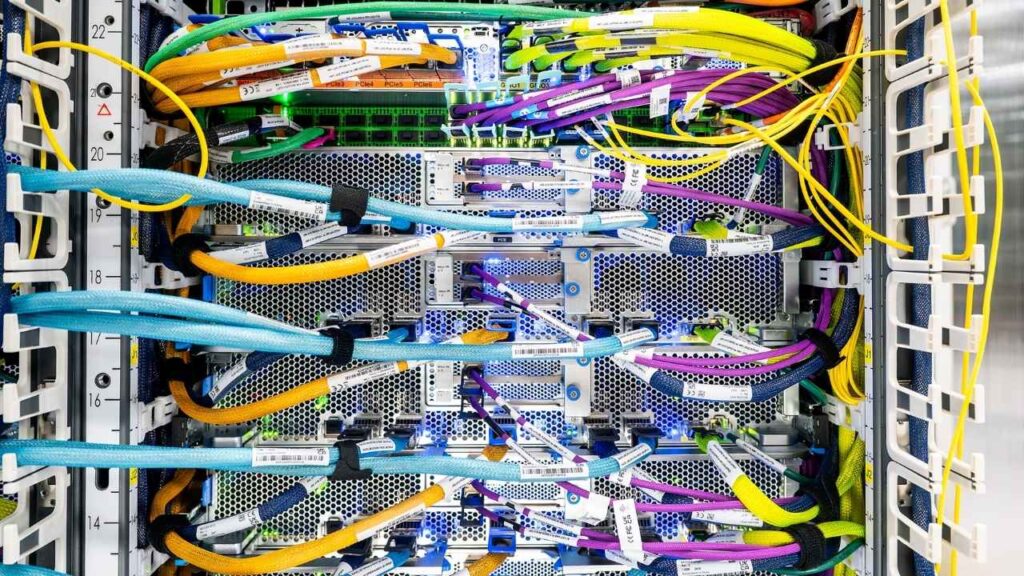
Project Rainier is Amazon’s answer to the growing need for massive computing power in artificial intelligence. Imagine a giant computer made up of hundreds of thousands of super-fast chips, all working together to help machines learn, understand, and make decisions even faster than before.
The project is named after Mount Rainier, a towering peak near Amazon’s Seattle headquarters, reflecting the scale and ambition of this undertaking.
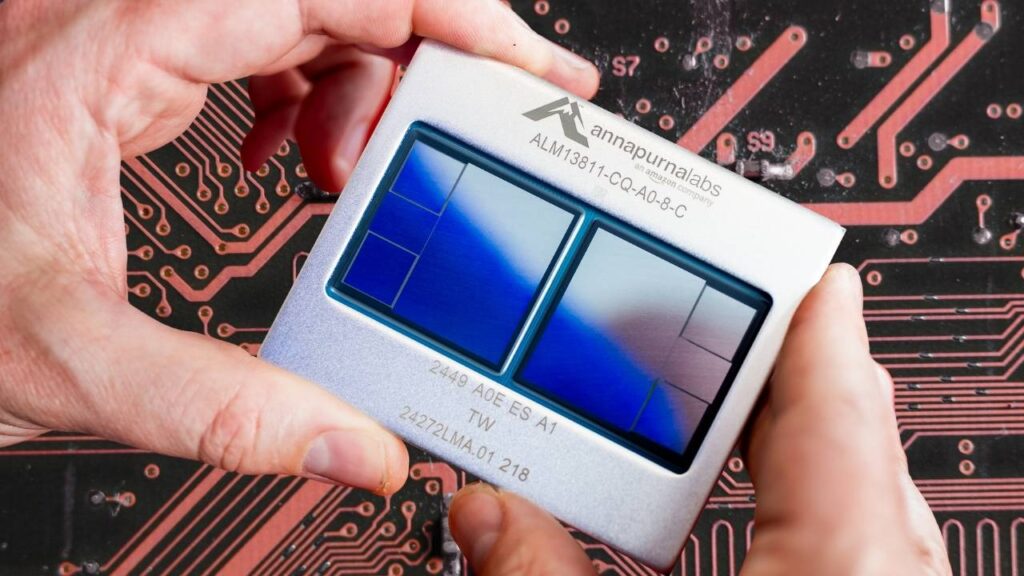
The cluster will use AWS’s latest Trainium2 chips, which are designed specifically for training AI models—making them much faster and more efficient than regular computer chips.
Why Does It Matter?
Training advanced AI models, like those that power chatbots, self-driving cars, and medical diagnostics, requires enormous amounts of data and computing power. Until now, only a handful of companies could afford to build the massive data centers needed for this work. Project Rainier aims to change that by making this power available to more organizations through the AWS cloud.
How Does Project Rainier Work?
The Technology Behind the Cluster
- Trainium2 Chips: Unlike the chips in your laptop or smartphone, Trainium2 chips are built for one purpose: teaching AI systems to understand and solve complex problems. Each chip can perform trillions of calculations every second.
- UltraCluster Architecture: The chips are organized into “UltraServers,” with each server containing 64 Trainium2 chips. These servers are then connected to form a massive “UltraCluster,” which acts as a single, super-powerful computer.
- Distributed Design: Instead of being housed in one giant building, the cluster is spread across multiple data centers. This helps with energy supply and cooling, and it’s all connected using AWS’s high-speed Elastic Fabric Adapter technology.
Real-World Example
To put the power of Trainium2 into perspective: If a human tried to count to a trillion, it would take more than 31,700 years. A single Trainium2 chip can do a trillion calculations in less than a second!
Why Is Project Rainier a Big Deal for AI?
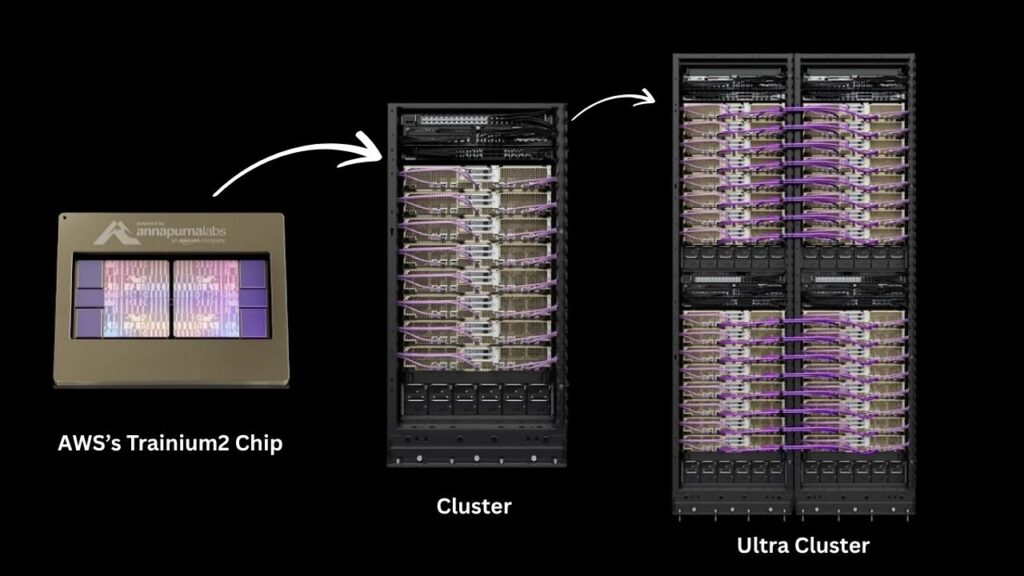
1. Unprecedented Scale
With around 400,000 Trainium2 chips, Project Rainier is expected to be the largest AI compute cluster in the world—bigger even than OpenAI and Microsoft’s planned “Stargate” project. This scale means AI models can be trained faster and on much larger datasets, leading to smarter and more capable AI systems.
2. Better Price Performance
AWS claims that Trainium2 delivers 30–40% better price performance compared to current GPU-powered instances. This means organizations can train bigger models for less money, making advanced AI more accessible to startups, researchers, and enterprises alike.
3. Energy Efficiency and Sustainability
The Indiana data center campus, one of the homes for Project Rainier, is designed with efficiency in mind. It features a power usage effectiveness (PUE) of around 1.10–1.15, which is much better than the industry average. This focus on sustainability helps reduce the environmental impact of large-scale AI training.
4. Innovation in AI Research
Anthropic, the first major customer for Rainier, will use the cluster to train future versions of its Claude AI model. Amazon has invested billions in Anthropic, betting that this partnership will push the boundaries of AI innovation.
Step-by-Step Guide: How Project Rainier Will Impact AI and Your Career
Step 1: Understanding the Need for Scale
AI models, especially those used in natural language processing, image recognition, and autonomous systems, require more data and more compute power than ever before. Project Rainier provides the infrastructure to meet these growing demands.
Step 2: Leveraging Cloud-Based AI Training
With Rainier, organizations don’t need to build their own expensive data centers. Instead, they can rent computing power from AWS, scaling up or down as needed. This flexibility is a game-changer for startups and researchers.
Step 3: Accessing Advanced AI Chips
Trainium2 chips are designed for AI workloads, offering faster training times and lower costs. Professionals and companies can now access this cutting-edge technology without large upfront investments.
Step 4: Collaborating with Industry Leaders
By partnering with AWS and leveraging Project Rainier, companies like Anthropic, Apple, and Adobe are pushing the limits of what AI can do. This opens doors for collaboration, innovation, and new career opportunities in AI development, data science, and cloud computing.
Step 5: Staying Ahead in the AI Race
As AI continues to evolve, those who understand and use the latest infrastructure will have a competitive edge. Learning to work with cloud-based AI clusters and specialized chips like Trainium2 is becoming essential for anyone pursuing a career in AI or machine learning.
Nike Unveils FlyWeb: A 3D-Printed Material Designed for Elite Athletic Performance
Scientists Combine Two Incompatible Materials Into One Groundbreaking Artificial Structure
Simple Chemical Solution Produces Ultra-Thin Materials With Powerful Electronic Properties
FAQs About Amazon Unveils Project Rainier
What is Project Rainier?
Project Rainier is Amazon Web Services’ initiative to build the world’s largest AI chip cluster, using custom Trainium2 chips to train advanced machine learning models.
Who will use Project Rainier?
The first major customer is Anthropic, an AI research company. Other companies like Apple, Adobe, and Databricks are also using Trainium2 chips for their AI workloads.
How does Project Rainier compare to other supercomputers?
Amazon claims Rainier will be larger than any current AI compute cluster, including those planned by OpenAI, Microsoft, and others. Its distributed design and custom chips set it apart from traditional GPU-based clusters.
Why are Trainium2 chips important?
Trainium2 chips are designed specifically for AI training, offering faster performance and better energy efficiency than general-purpose chips or GPUs.
How does Project Rainier help with sustainability?
By spreading the cluster across multiple data centers and optimizing energy use, Project Rainier aims to reduce the environmental impact of large-scale AI training.
How can professionals benefit from Project Rainier?
AI professionals, data scientists, and researchers can access powerful computing resources without building their own infrastructure, enabling faster innovation and cost savings.
